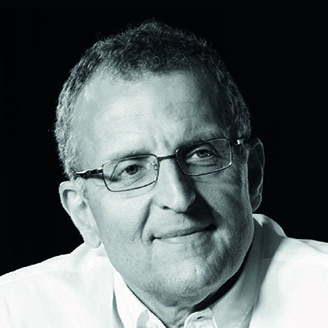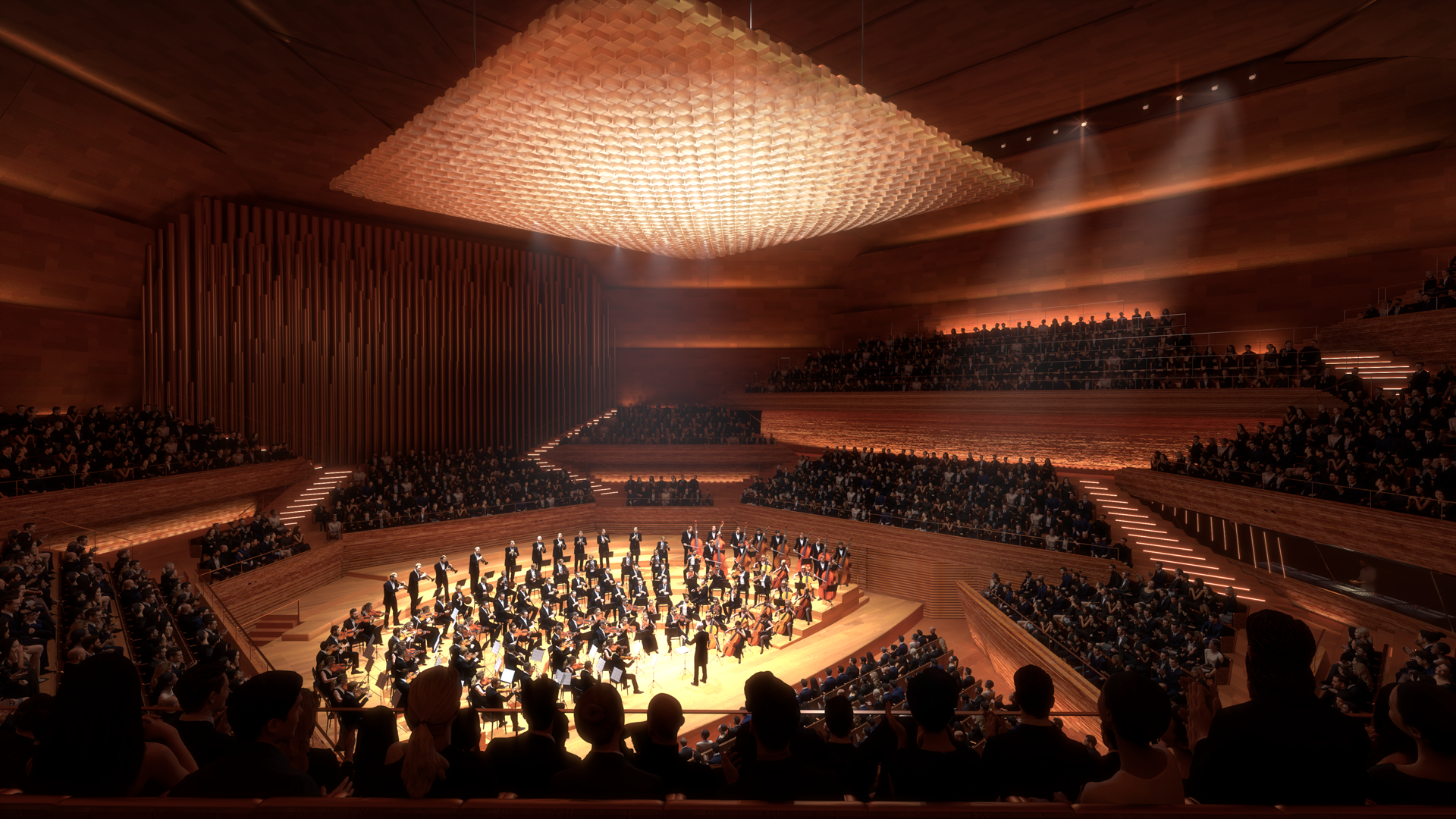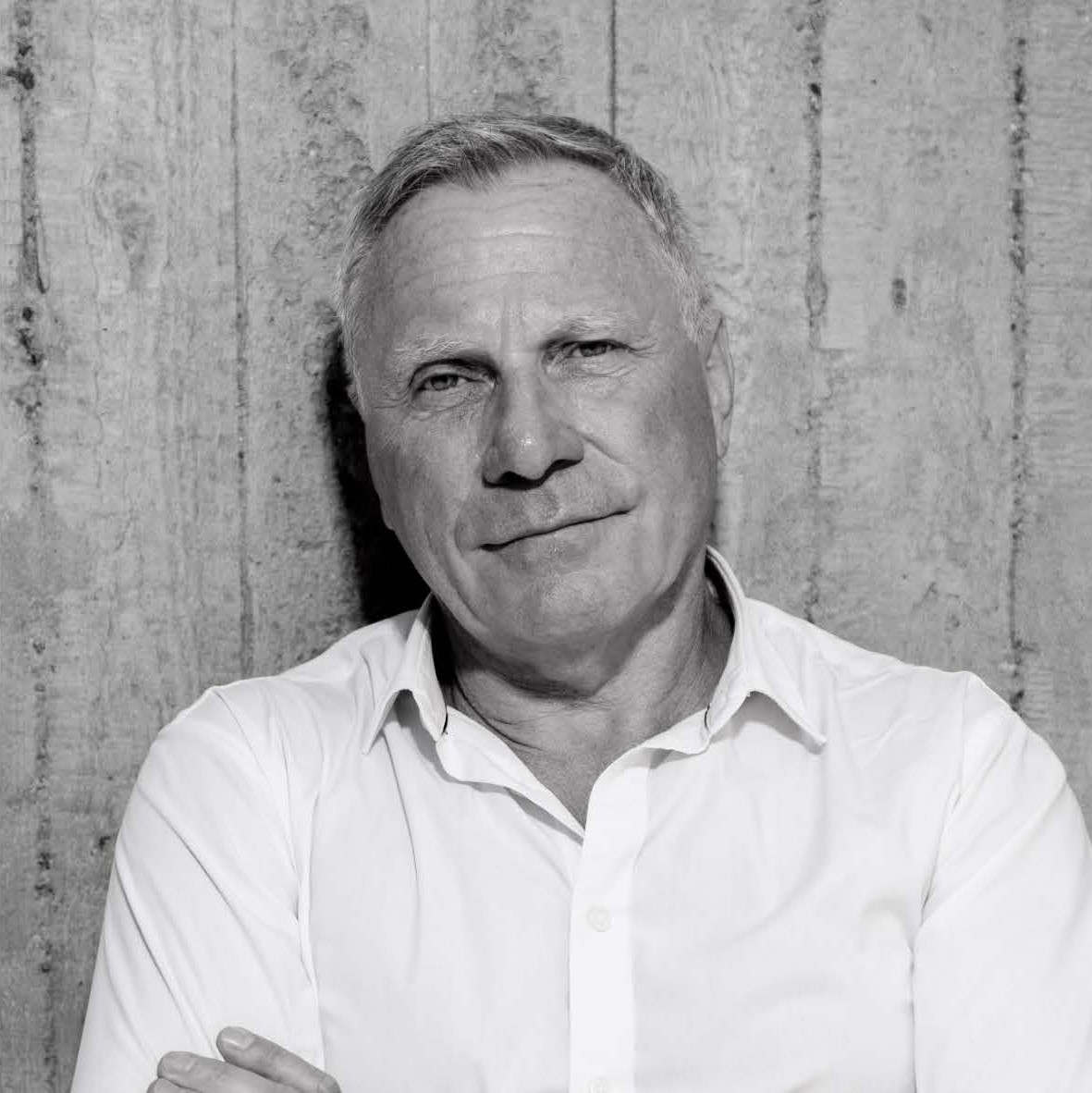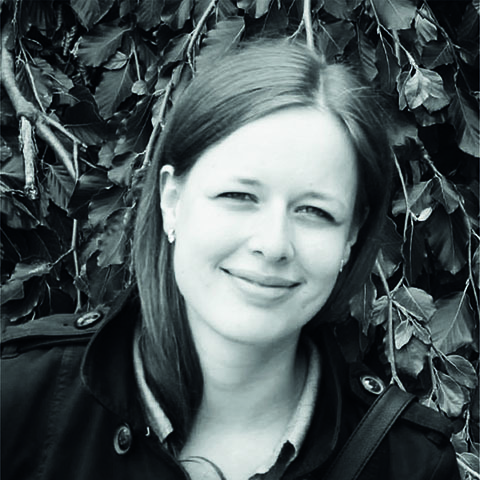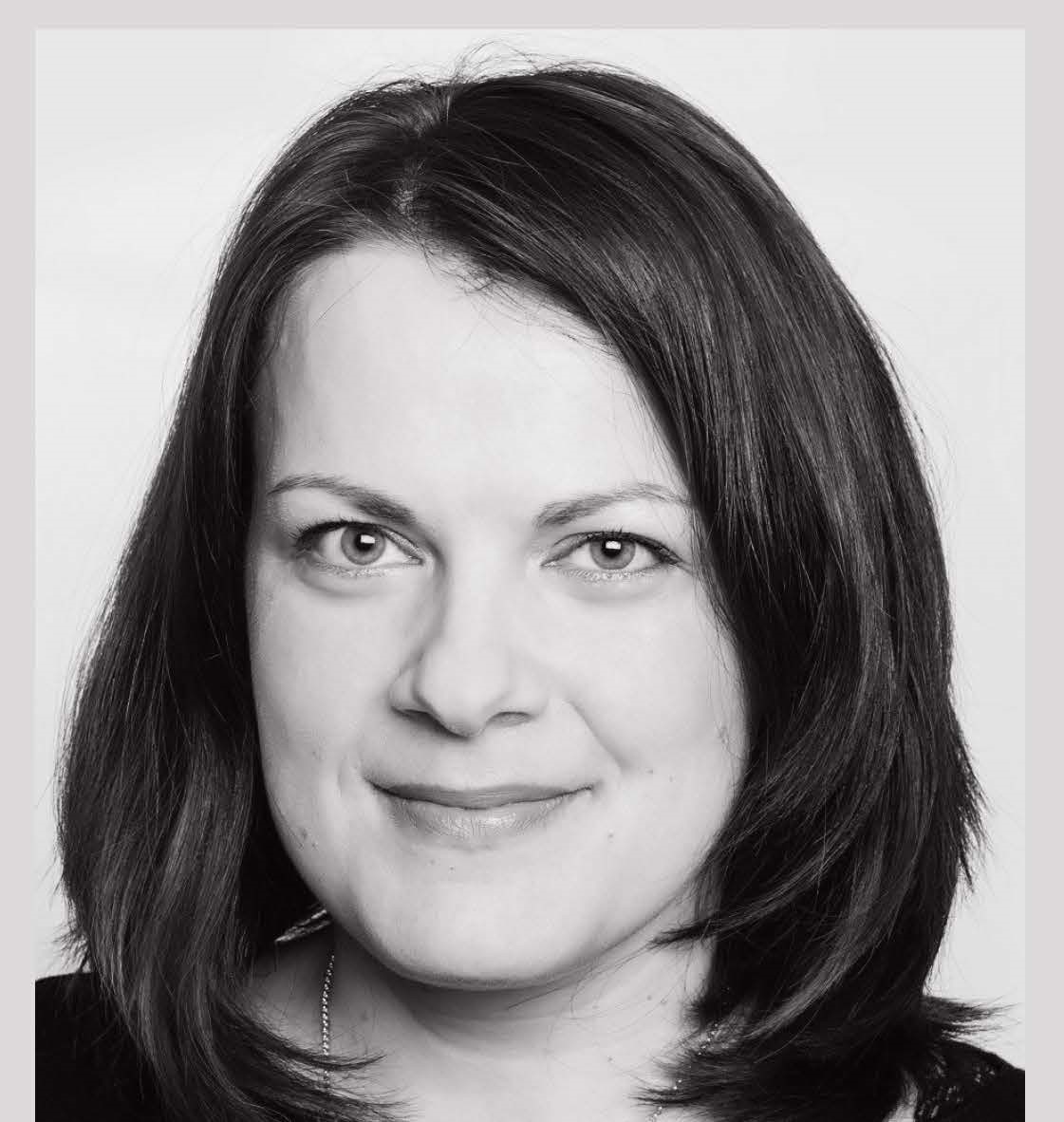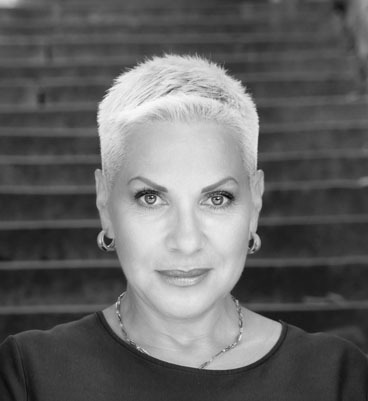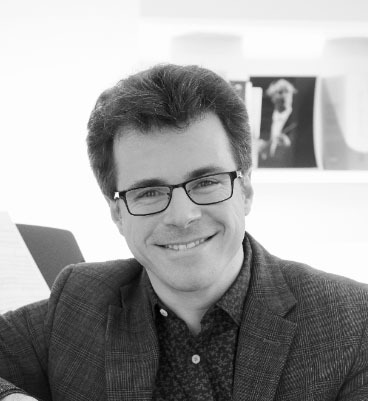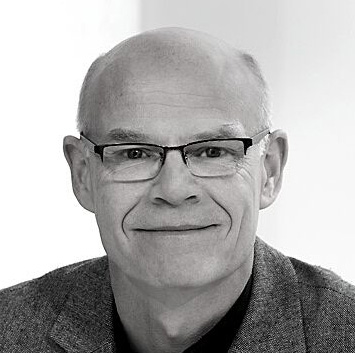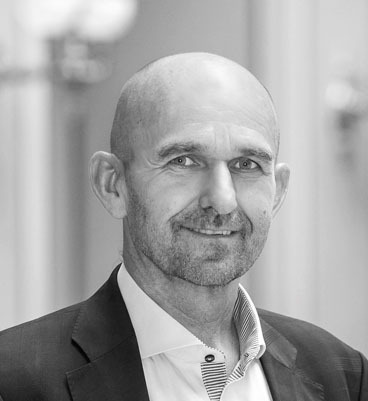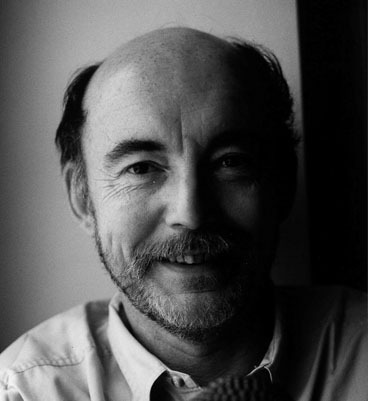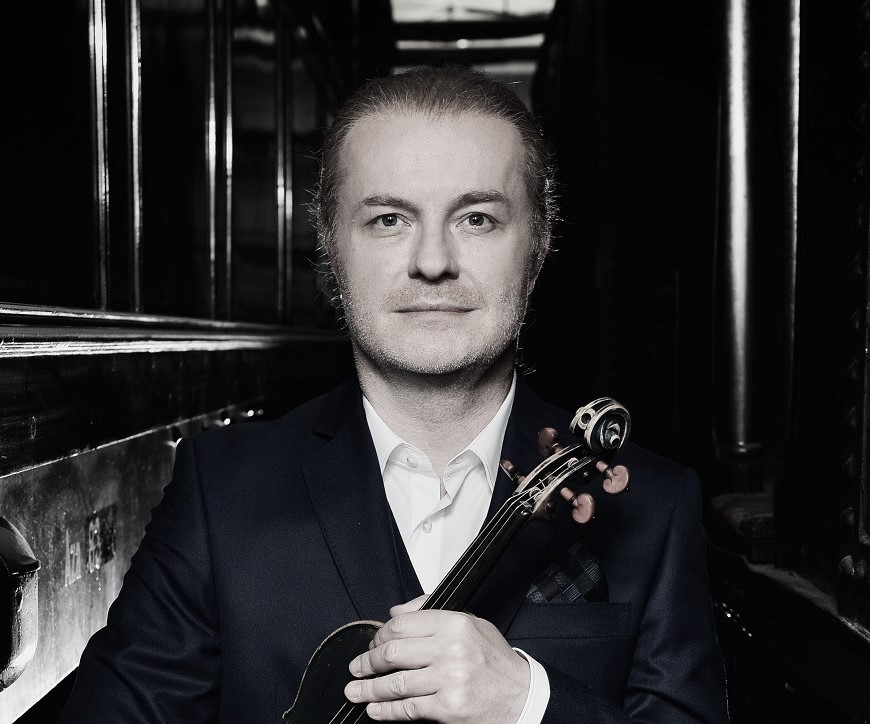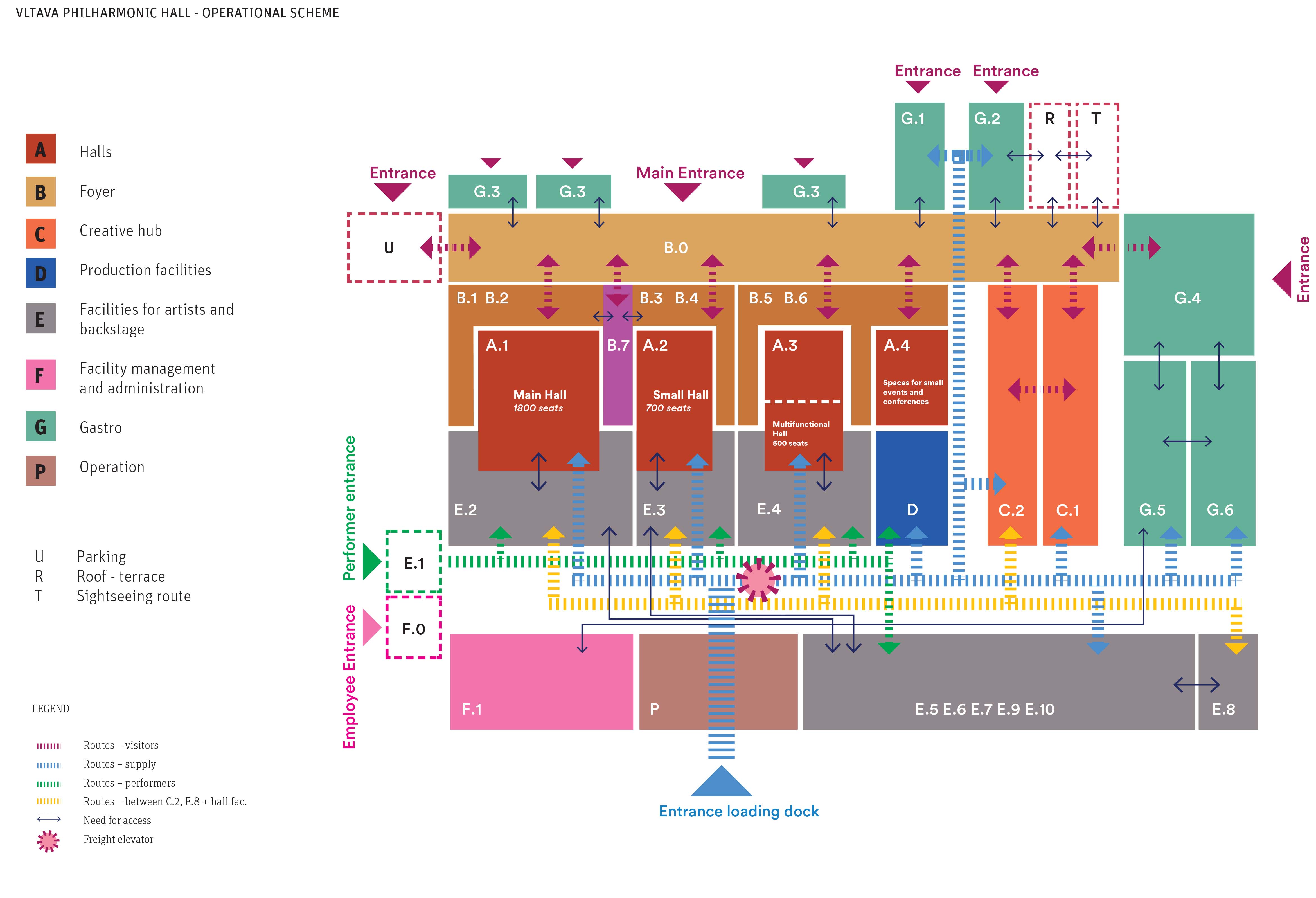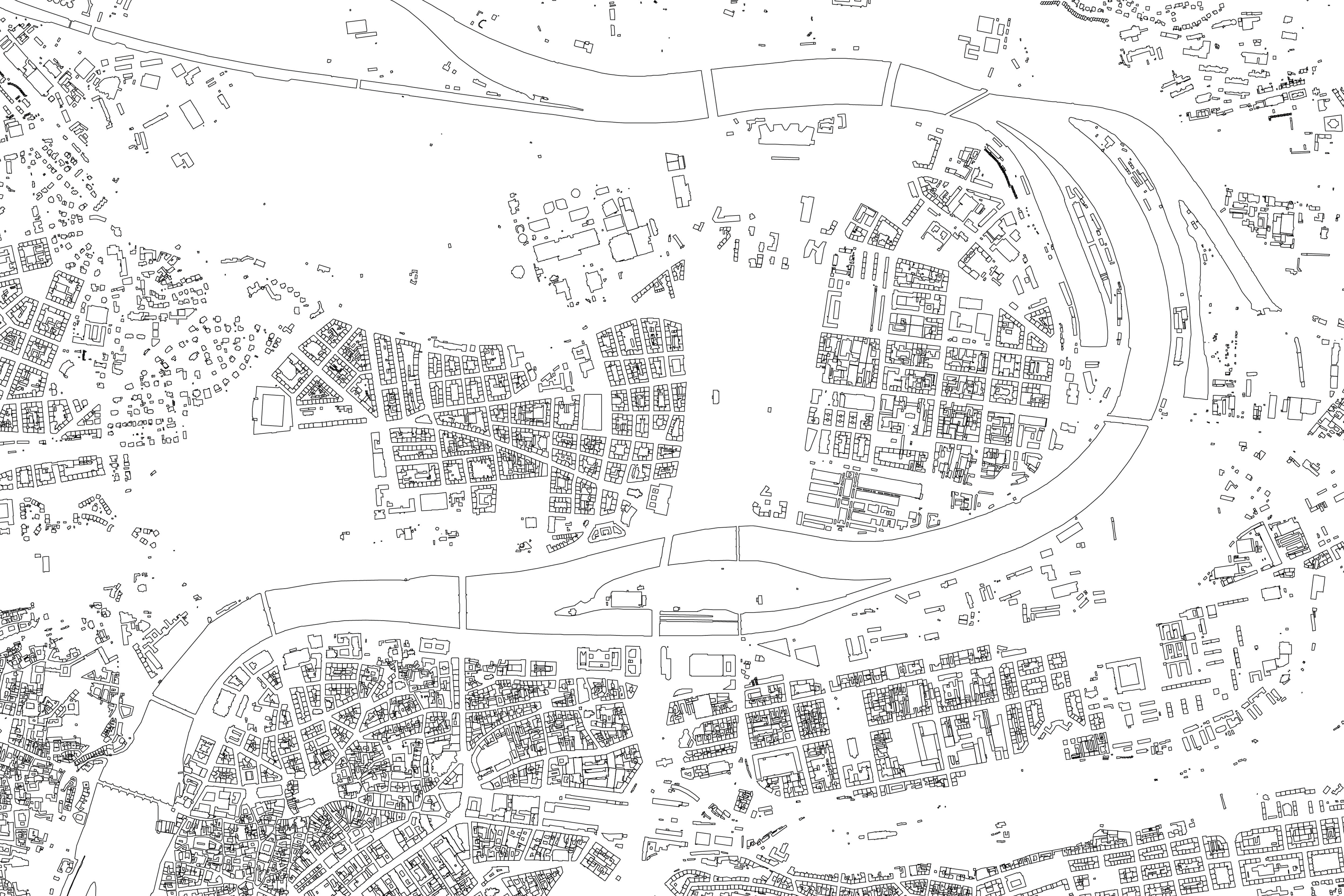We perceive the Vltava Philharmonic Hall building as a complex of several reciprocally communicating blocks whose operations will be able to complement, link or combine with each other, or will be able to function independently. This will ensure that the Vltava Philharmonic Hall building is a living and creative social center, all day round, seven days a week.
The halls of the Vltava Philharmonic Hall will be the heart of the place with their facilities and public spaces – foyer. The block known as the Creative Hub, with a music library at its center, will take on the same important role as the halls. Creative activities will take place in the adjacent rehearsal rooms, studies, and education space.
Both of these blocks, of great importance to the Vltava Philharmonic Hall, will be supported in terms of operations and production by technical and technological production facilities.
Both of the most prominent Czech symphony orchestras based in Prague – the Czech Philharmonic and the FOK Prague Symphony Orchestra – will have amenities in the building. Both orchestras will also find the corresponding residential space within the building.
In light of the unique location of the land designated for the construction of the Vltava Philharmonic Hall, from which views open up of the magnificent Prague panorama, it is only natural that other space also comes under consideration - a roof or a terrace
The running of the Vltava Philharmonic Hall would be unimaginable without catering, offering a wide range of services to visitors and at the same time capable of serving employees and performers and providing services for ad hoc events.
Not all space will be open to the public - this would be impossible. Nevertheless, we would like to offer visitors the chance to see into those places that are normally closed to the public. The construction schedule will therefore include a tour route that will take visitors throughout the premises and make it possible for them to see into the areas they would not normally be able to - the rehearsal rooms, studios, and even the auditoriums at times when there are no rehearsals or concerts.
The Vltava Philharmonic Hall is not just about the building itself. It is also about the outdoor space that surrounds the building and combines with it to form a single whole. The outdoor public space is a place to meet, a place to linger, and a place where different types of events can be staged. a place that attracts people to visit. The banks of the River Vltava are also an integral part of this outdoor space.
Transport links were also factored in when defining the construction schedule. It is for this reason that an underground parking lot is part of the project, as well as a place for passengers to get into and out of arriving buses and taxis. Consideration has also been made of bringing in supplies and making sure performers are able to reach the hall, as well as space in which mobile units can park.
